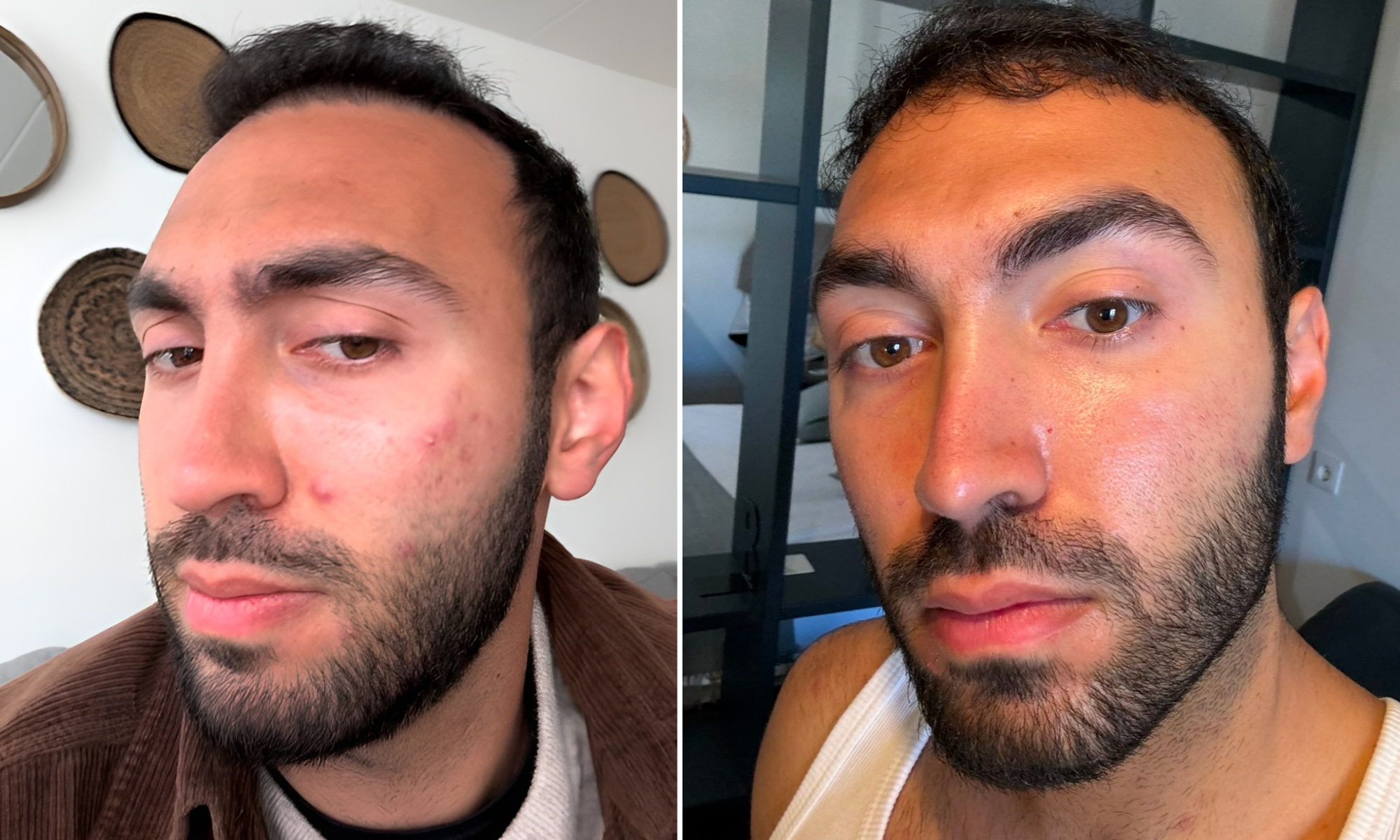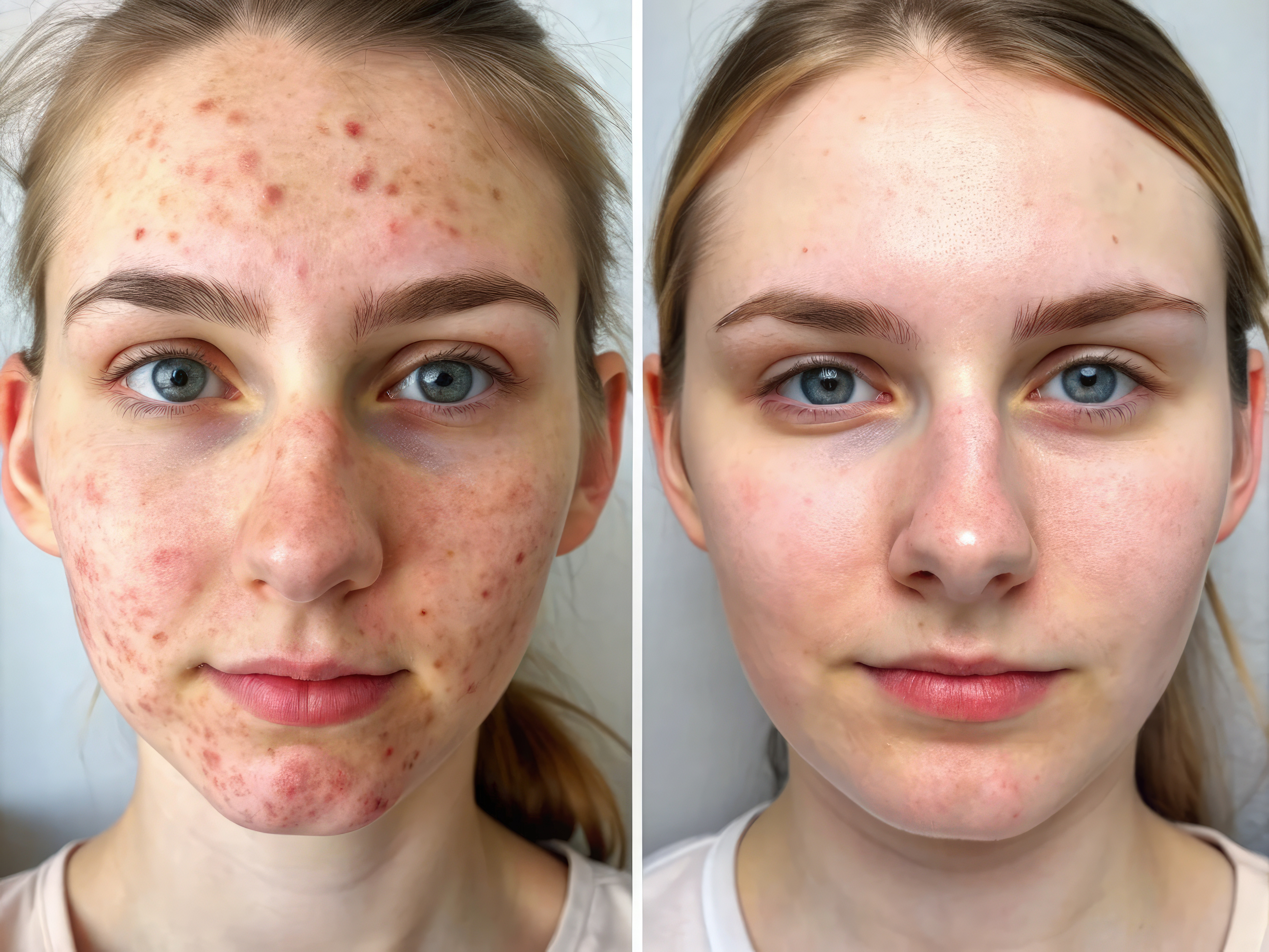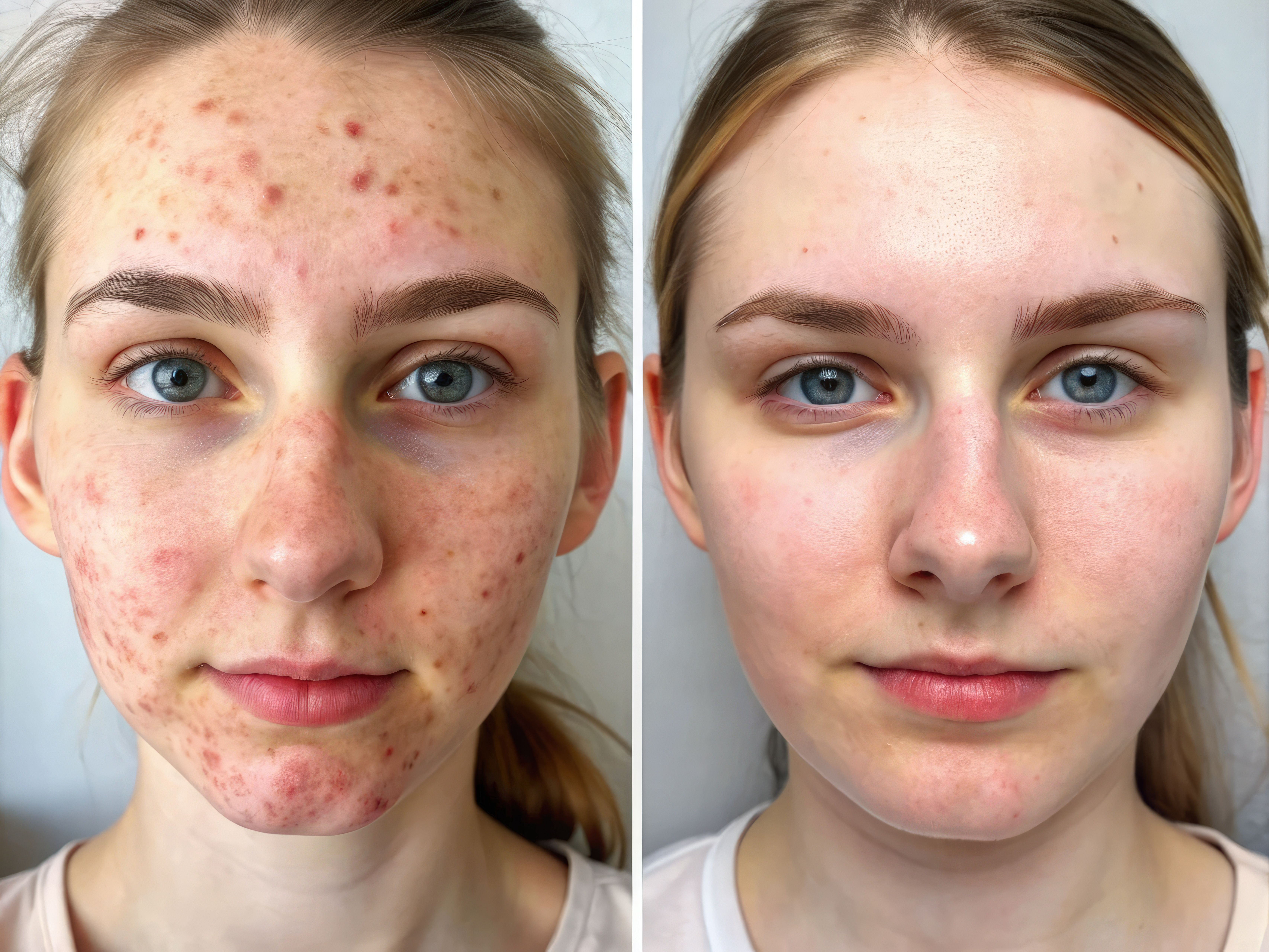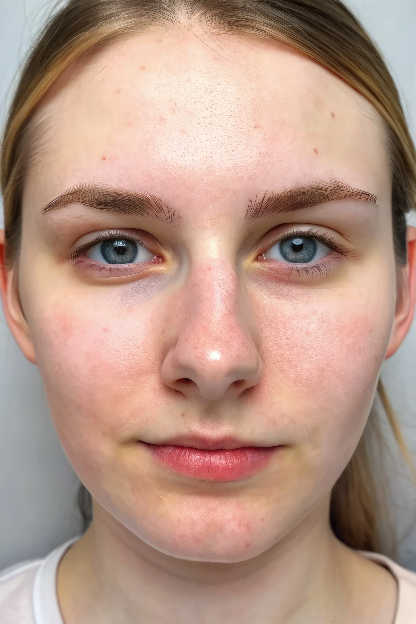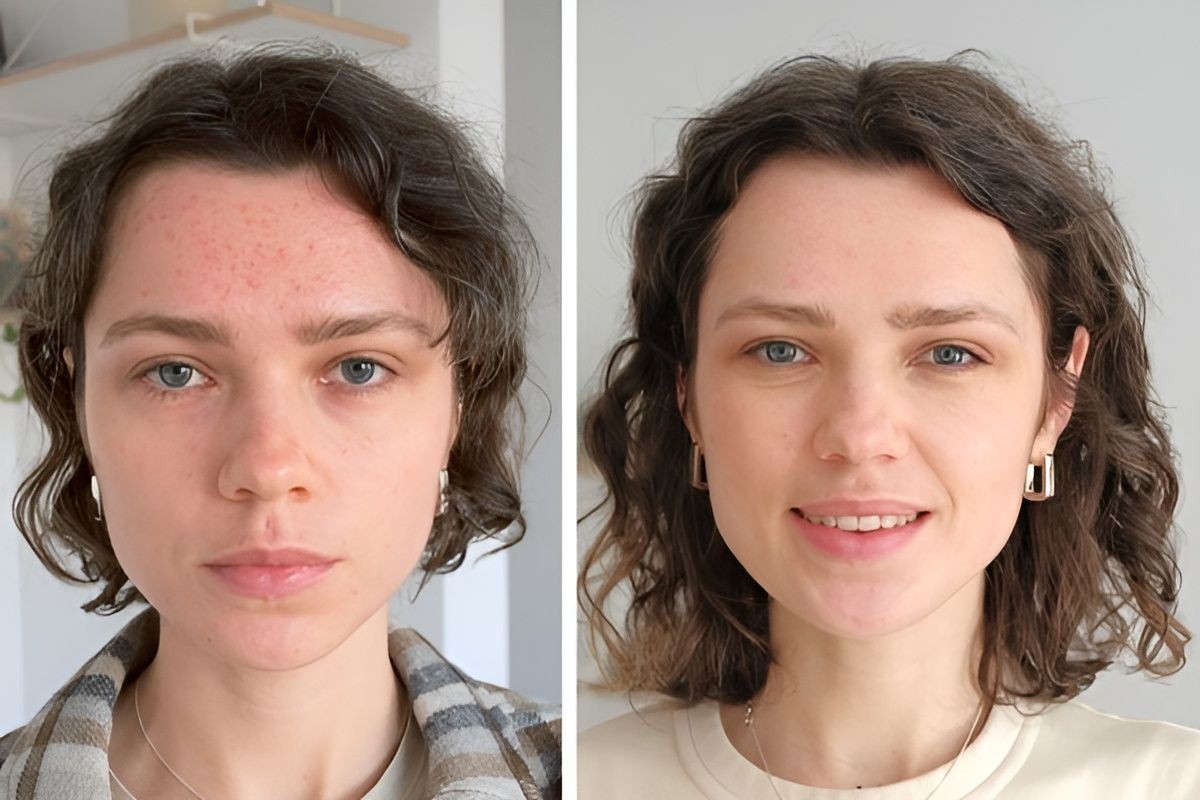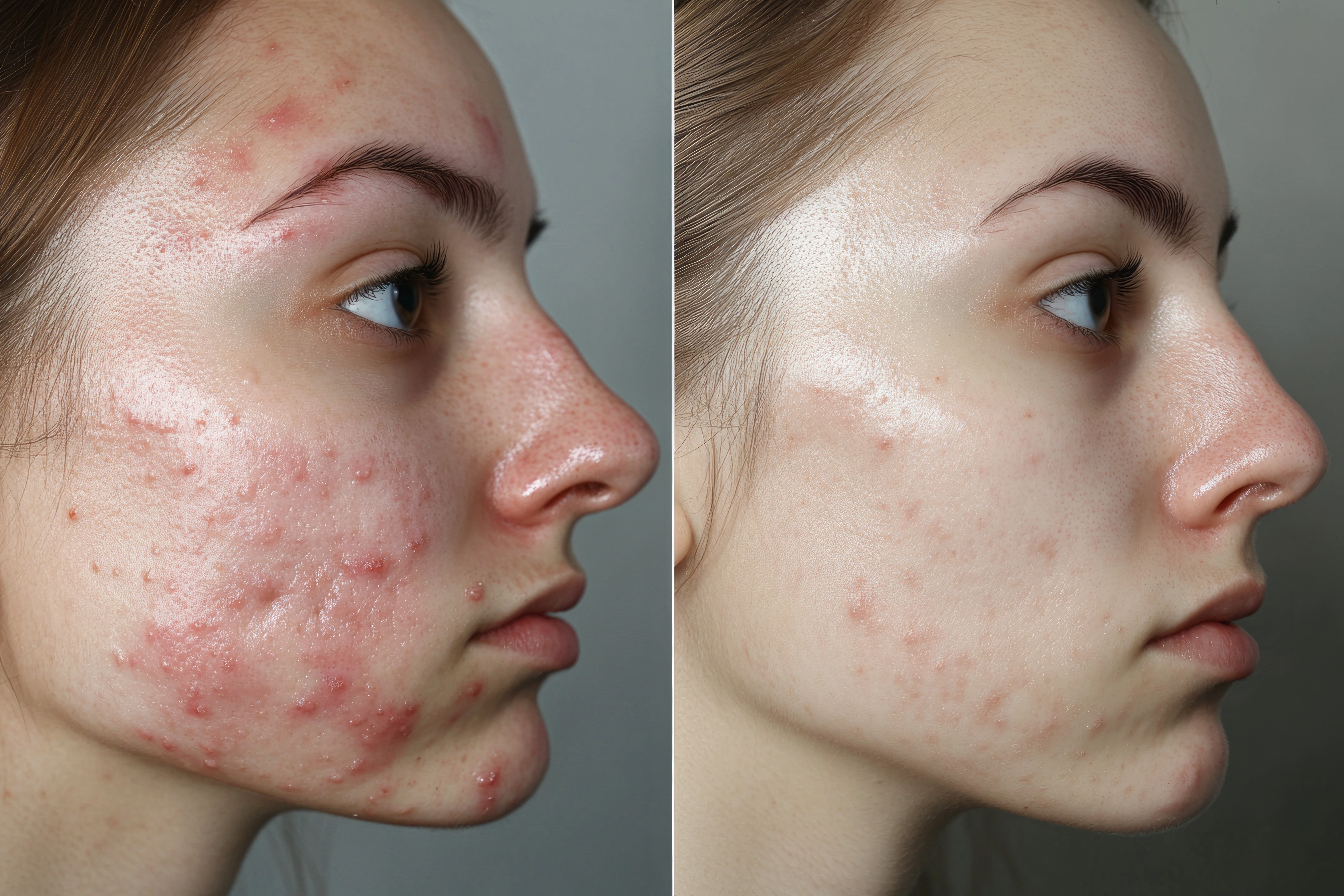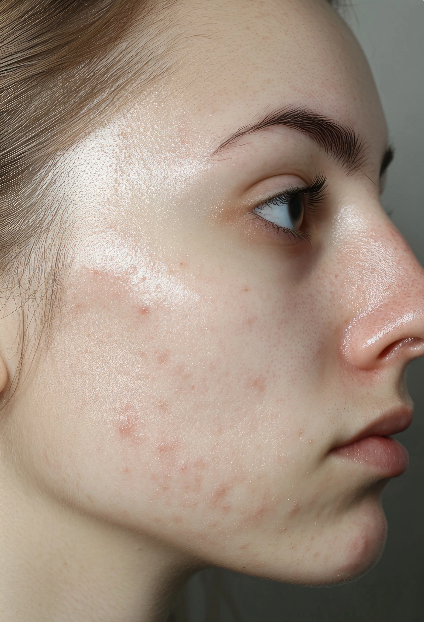Navigating skincare during pregnancy and breastfeeding requires special consideration. By consulting with your healthcare provider, maintaining a balanced diet, adhering to a gentle skincare routine, and being mindful of ingredient safety, you can support both your skin and your growing baby.
Your journey is unique, and it’s important to listen to your body as you adapt to these changes. If you have any concerns or questions about your skincare regimen, don’t hesitate to reach out to a healthcare professional. With the right care and attention, you can embrace this beautiful time in your life while still feeling confident in your skin.





